Tag: liberal arts
-

The Flow of Thought, Part 4: The Seven Liberal Arts as Mental Games
There’s a lot of talk these days about the war between STEM and the liberal arts (which we are meant to understand as the humanities generally). Often this gets posed as a trade-off between a utilitarian education—training our future engineers, scientists and programmers—vs. a soft education in human skills and cultural awareness. Given the hype…
-
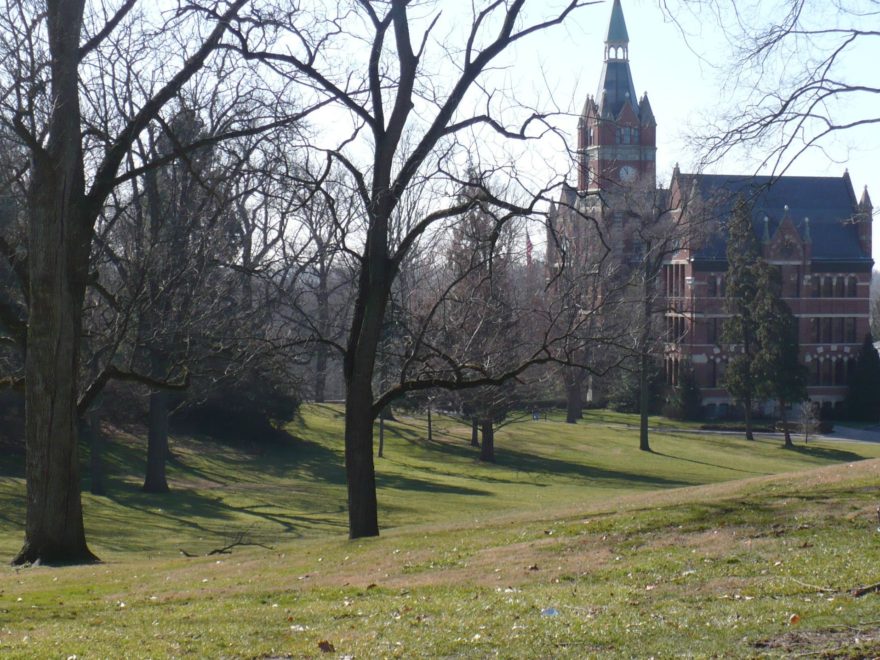
Why Luther Believed Christians Should Study the Liberal Arts
What lies at the core of an authentically Christian education? Bible classes, faithful teachers, chapel services, certainly. How about the liberal arts? For many parents of faith, they aren’t so sure. After all, the liberal arts aren’t necessary for coming to faith or remaining in the fold. And in 2019, with a diversified economy, the…
-

The Flow of Thought, Part 3: Narration as Flow
It’s been a little while since my last article on the flow of thought, or how Mihayli Csikszentmihalyi’s concept of flow can support the philosophy of classical education. In the meantime, I’ve shared an early version of my eBook on implementing Charlotte Mason’s practice of narration in the classroom (see our new Narration page for…
-

Training in the Arts vs. Teaching Sciences
I have previously written on the classical distinction between an ‘art’ and a ‘science’, but I recently discovered some interesting confirmations of it in Plato and John Milton Gregory (two otherwise widely divergent figures in the history of education). In particular, the chief take-away for teachers is a clearer awareness of when you are focused…
-
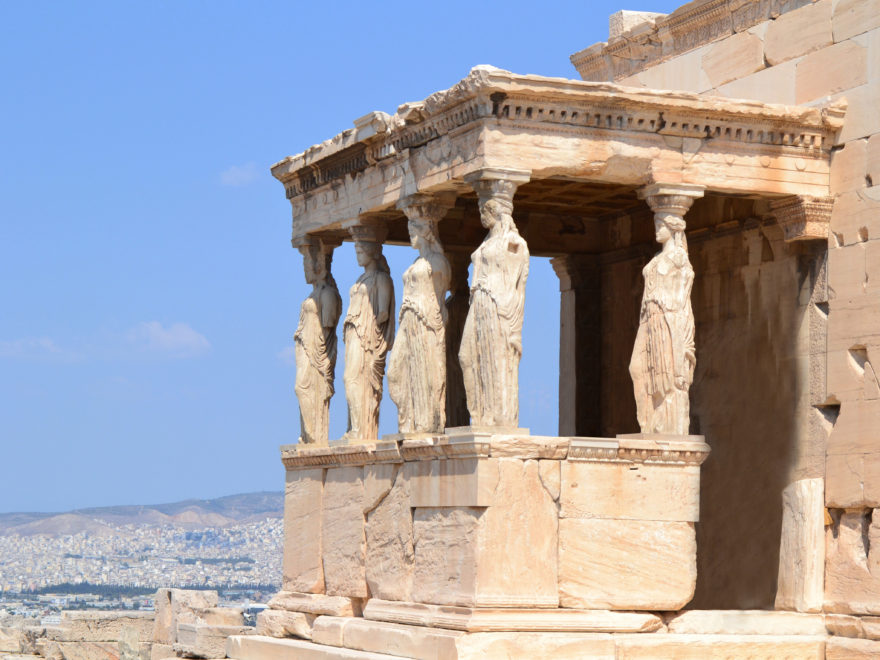
The Flow of Thought, Part 2: The Joy of Memory
In my last article “The Flow of Thought, Part 1: Training the Attention for Happiness’ Sake” I drew a connection between Aristotle’s view that happiness is the chief goal of education and the findings of modern positive psychology. In Mihaly Csikszentmihalyi’s Flow: The Psychology of Optimal Experience, he reports his findings that people report being most…
-
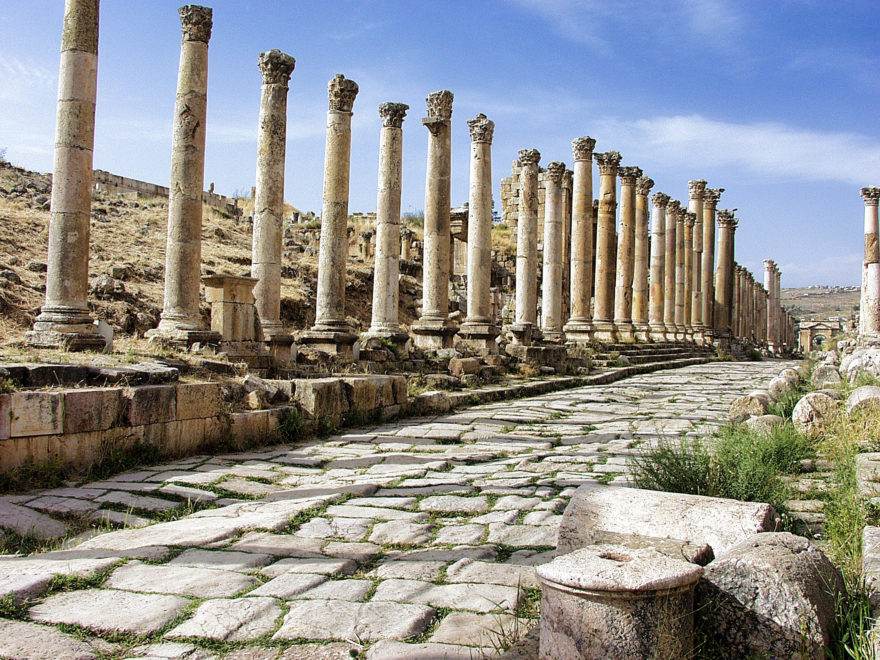
Review of Recovering the Lost Tools of Learning by Douglas Wilson
Most people in the classical Christian school movement look upon Dorothy Sayer’s 1947 essay “The Lost Tools of Learning” as something of a founding document. However, the movement as it currently exists in North America stems from the implementation of that essay in the late 1980s, and is best represented in Douglas Wilson’s Recovering the…
-
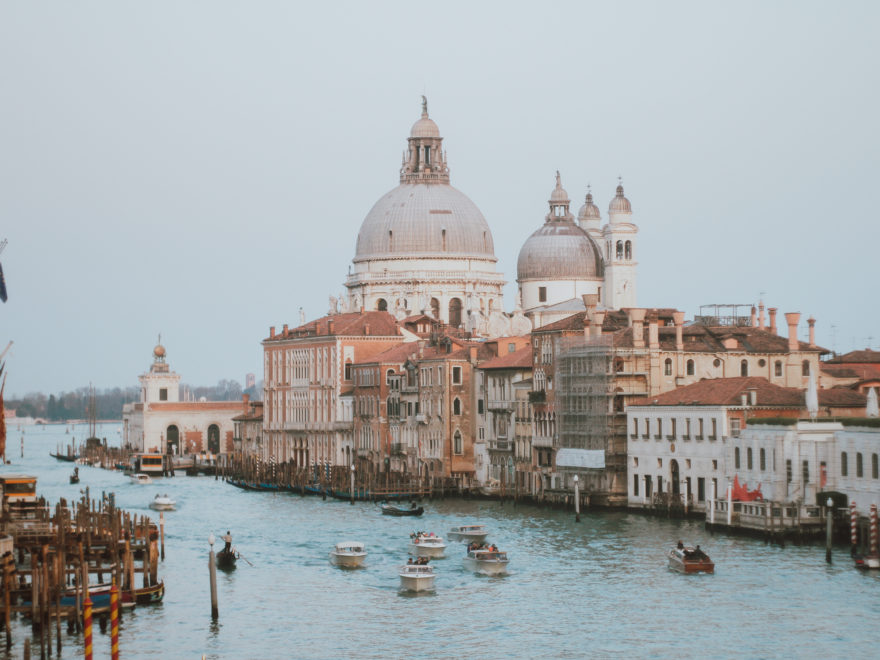
Renaissance Education: Looking to the Past to Chart a Course for Education Today
Education in the Renaissance centered around a rediscovery of lost ideas leading to a rebirth of civilization. Looking back to Renaissance education provides insight into our own age as we reclaim the great texts and ideas lost over the past decades through waves of progressive educational reform. Rediscovering a World of Ideas Prior to the…
-
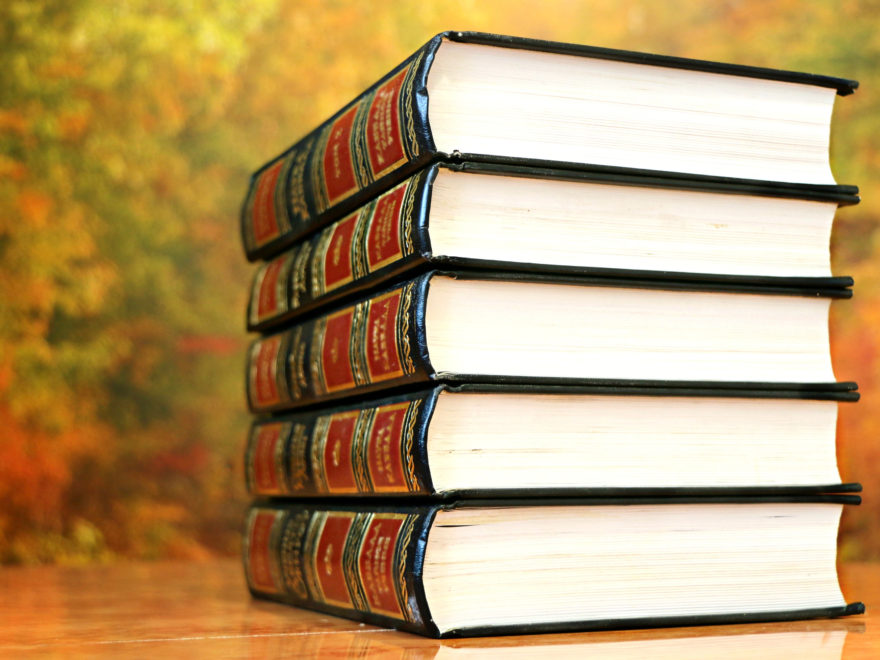
Less is More: Are Fewers Subjects Better for Schools?
Chris Perrin, over at Inside Classical Ed, suggests that classical schools are offering too many classes. He champions the idea of multum non multa – much not many. Perrin writes, “To study and learn well, humans have learned that it is important to study a few things deeply, even to mastery, rather than to dabble…
-
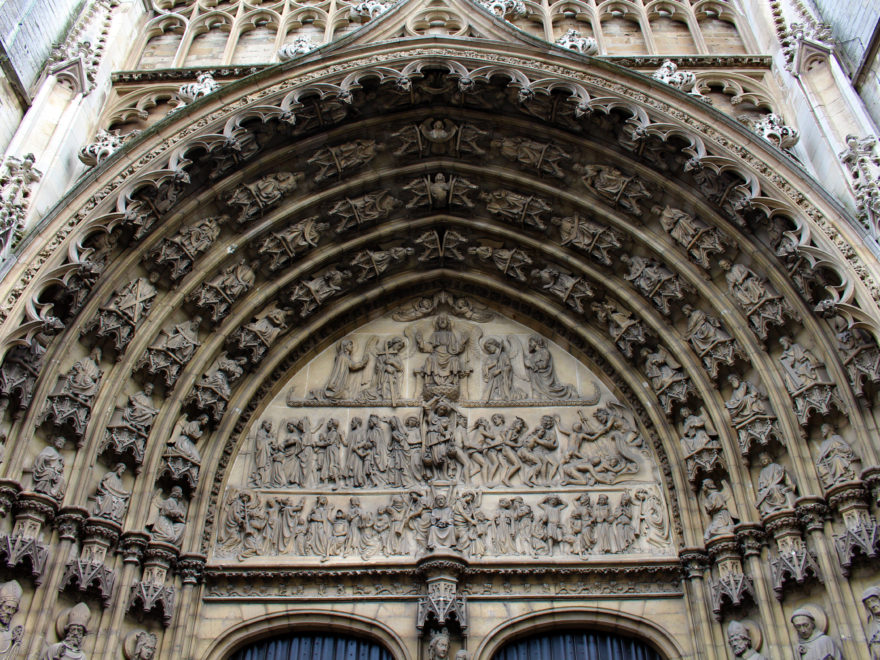
Review of The Liberal Arts Tradition by Kevin Clark and Ravi Jain
Kevin Clark and Ravi Scott Jain. The Liberal Arts Tradition: A Philosophy of Christian Classical Education. Classical Academic Press, 2013. In The Liberal Arts Tradition Kevin Clark and Ravi Jain endeavor to set the record straight about what made up the course of study in the classical tradition of education. As two longtime friends and…
-
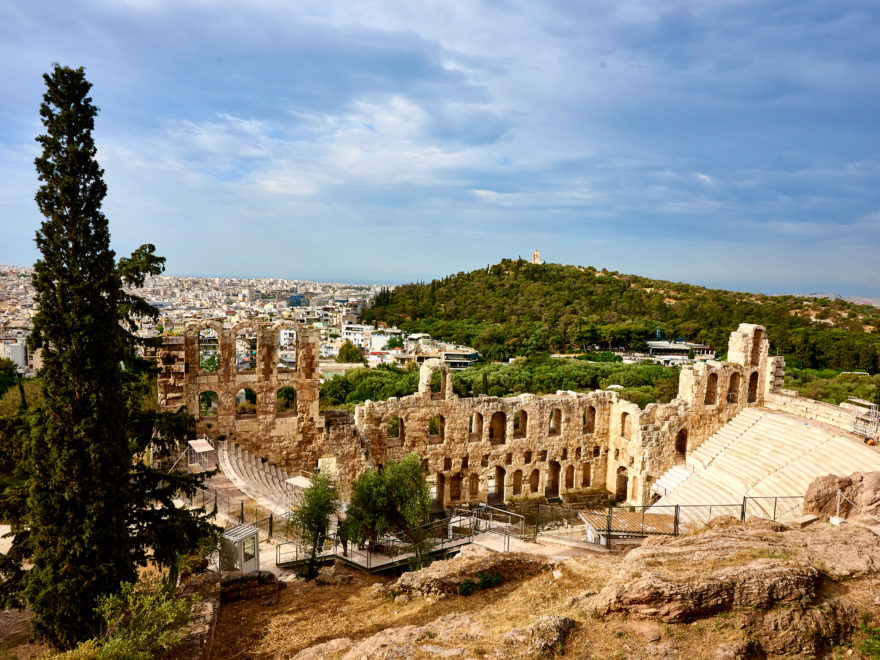
Review of Wisdom and Eloquence by Robert Littlejohn and Charles T. Evans
Robert Littlejohn and Charles T. Evans. Wisdom and Eloquence: A Christian Paradign for Classical Learning. Wheaton: Crossway, 2006. In Wisdom and Eloquence Robert Littlejohn and Charles Evans connect the classical tradition of education to a Christian outlook on the goals of education. Both Littlejohn and Evans are leaders and practitioners within the classical Christian movement.…
